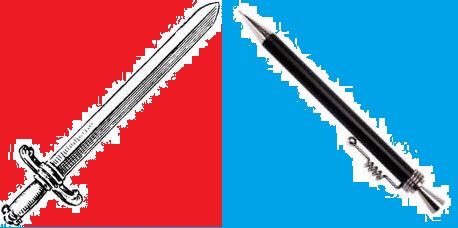
In Lisa Dush’s article, she says that content is four different things. It is:
- Conditional: Content is fluid, and sometimes may be used in a wide variety of ways. Dush points this out when talking about content databases, saying that multiple creators make content that is remolded, re-purposed, and used in various places and ways. Since this writing might be used all over by a variety of different people, it has to be flexible enough to fit the various conditions it might find itself being used for.
- Computable: All content on the internet is read by two main groups of readers: human readers and computer readers. These computers read content looking for a variety of things, including Search Engine Optimization characteristics, keywords, and first few lines. This information is then repurposed by the computers into a new text. For example, by writing a caption on your featured image on WordPress, the computers reading your post are more likely to put it higher into the search results.
- Networked: No longer are writers creating a piece for a particular audience. Since texts are read by humans and computers in a variety of settings, a content creator needs to prepare content for an undefined network. Creators can use metric evaluation systems like Search Engine Optimization and Google Analytics to see which audience in the wider network is interested in their content.
- Commodified: Content is not art anymore; instead content is a way of gaining revenue. Can you take an essay out of a book and put it into an anthology? Well, if you do it for money, you’ve commodified that writing. The easiest example I could think of this concept was when an artist releases a single on the radio. You can buy the full album, but songs are commodified and accessible as disjointed pieces as opposed to part of a whole CD.
While I like what Dush does and find validity in her metaphor, I wonder how she thinks “standard” academic writing fits or does not fit into this mold. If our society as a whole is moving toward content over writing, should every major start focusing on having their students create content instead of writing?

